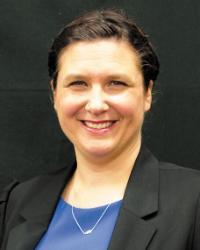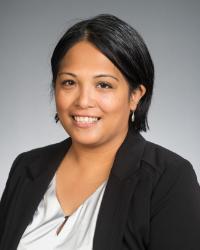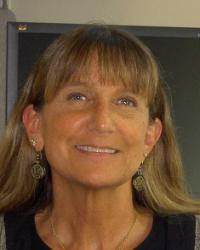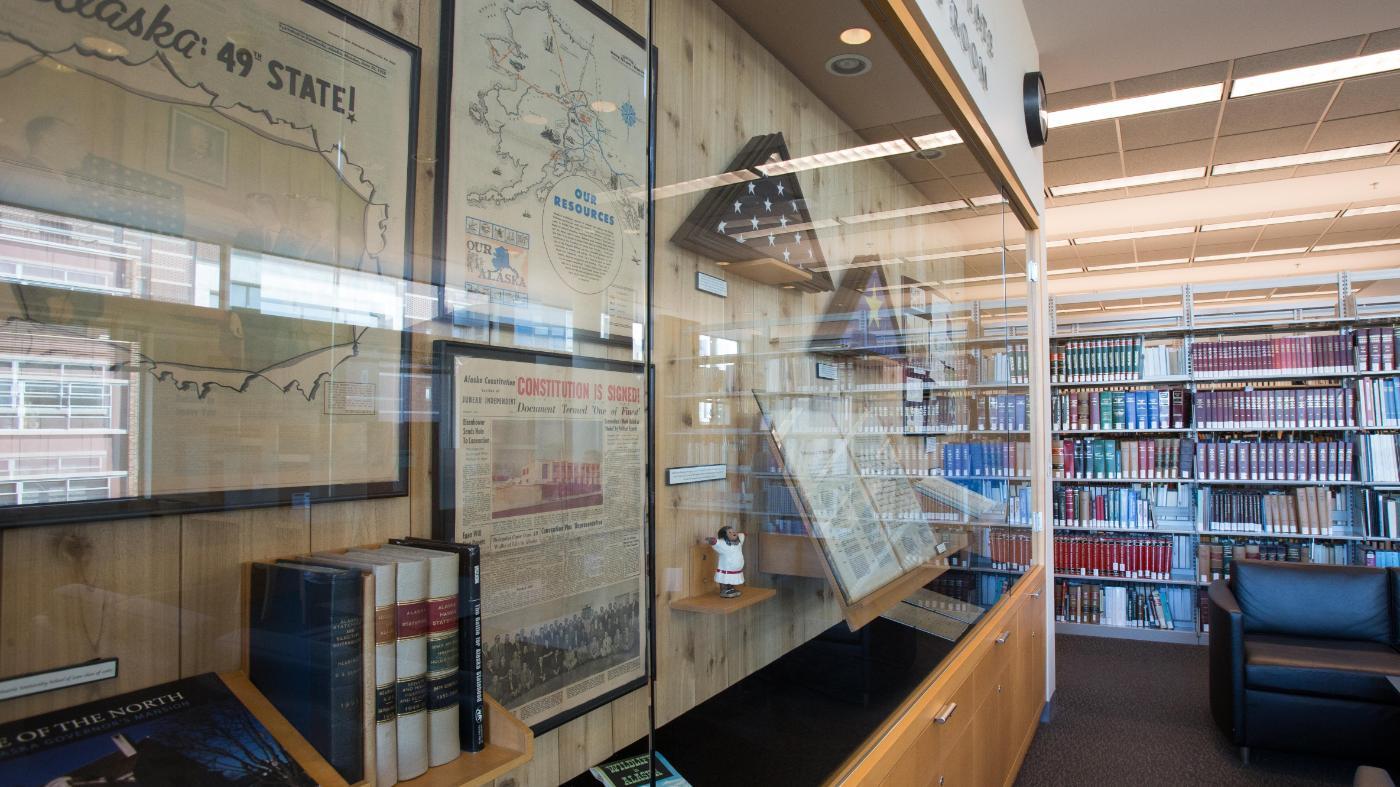(This story originally appeared in the fall 2022 issue of Lawyer magazine.)
Kathleen Brown ’05 came to law school with the goal of becoming an entertainment lawyer. She had a theater degree, an interest in intellectual property, and a creative spirit.
In her first year, she nearly dropped out.

“The toughest thing I was graded on before law school was yoga, and now I had to write all these papers! I mean, I was a very nontraditional student. It was so difficult,” she said. “And then I found the library.”
For many Seattle University School of Law alumni, including Brown, the law library was so much more than a quiet place to study; it was where they found a calling.
Brown now serves as associate dean for information resources at Charleston School of Law in South Carolina. Other Seattle U Law alumni have led law libraries throughout the country, from the University of Hawaii to Cardozo School of Law in New York.
Law librarianship requires the analytical and research abilities that a lawyer develops in law school, but adds a few other skills not found in a typical law practice — expertise in technology, especially databases, for example. A librarian has a creative outlet in designing educational displays or crafting the perfect search query. There’s also the satisfaction of teaching and contributing to legal scholarship.
Law libraries exist not only at law schools, but also county, state, and federal courthouses, and private law firms. Sometimes even a large corporation like Google will have its own law library.

Jessica de Perio Wittman ’06, law library director and associate professor of law at University of Connecticut School of Law, said libraries are an important link in any effort to expand access to justice. Her work as a librarian keeps her connected to the social justice values that brought her to law school.
“Libraries have become synonymous with knowledge and information. Librarian services can give local communities the tools to interact with those in positions of power, whether it be a landlord or an employer,” she said. “At the law school campus, the law library can serve as a community hub that connects people to information, ideas, and resources.”
Brown agreed, adding that she’s especially drawn to volunteer opportunities where she can educate the public about their legal rights. "As a librarian, I can't give you legal advice, but I can tell you about some of the resources we have so you can educate yourself,” she said. “I like that aspect of still feeling connected to my original mission for going to law school.”
Brown and de Perio Wittman, who worked together in Seattle U’s law library as students, continue to collaborate on scholarly projects, including a recent article in the Georgetown Journal of Legal Ethics on the obligation of law schools to teach technology competency.
Even in the days before the Internet, the library was the law school’s technology hub. As a part-time aide in the library as a student, Julie Lim ‘84 was fascinated by the tools available for managing and developing collections. LexisNexis was the digital powerhouse of the time; Westlaw was up and coming.
“The library team at the law school showed me the potential use of technology in disseminating information and in researching,” she said. She went on to pursue a master’s degree in law librarianship at the University of Washington, eventually directing the law library at the City University of New York.

The Internet hasn’t reduced the need for library services; in fact, it’s had the opposite effect in certain ways, said Kristin A. Cheney ’84, faculty emerita who served as associate dean for library and educational technology at Seattle U Law.
“With the ever-increasing amount of information available on the Internet, the skill to evaluate the quality, accuracy, and validity of your sources is essential whether you are a student, faculty member, lawyer, or layperson,” she said. “As information specialists, librarians play not only an integral role in gathering, refining, and analyzing legal information, but also in cultivating those indispensable skills in others.”
As a law student, Sally Wise ‘76 immediately recognized the importance of thorough research and reliable information, so much so that she began her master’s degree in law librarianship even before finishing law school. She went on to serve as a librarian for her alma mater (then University of Puget Sound), followed by similar positions at Southern Methodist University, University of Nebraska, and University of Miami, where she retired in 2018.
“These were skills that we were all going to use forever as lawyers, so I felt that it was critically important to build a good foundation as a librarian,” she said.
Wise joined the law school’s staff in its earliest days — the first-ever law school graduate to be hired at University of Puget Sound, in 1977 — and was tasked with organizing the library’s entire collection for the 1980 move from Benaroya Business Park to the Norton Clapp Law Center in downtown Tacoma.
Being a librarian, Brown said, is like being someone who loves puzzles and figuring out how the pieces fit together. With her theater background, she said it’s also like being a dramaturge, the person who does historical research to make sure that a play or musical accurately reflects the time and place in which it is set.
Ultimately, the alumni agreed, the best part of being a librarian is working with students, fostering in them the research skills that serve them throughout their legal careers. “When working with students, the librarian doesn’t give them the answers, but rather the goal is to help them create a pathway to finding the answer,” Cheney said. “That was an extremely gratifying responsibility.”

